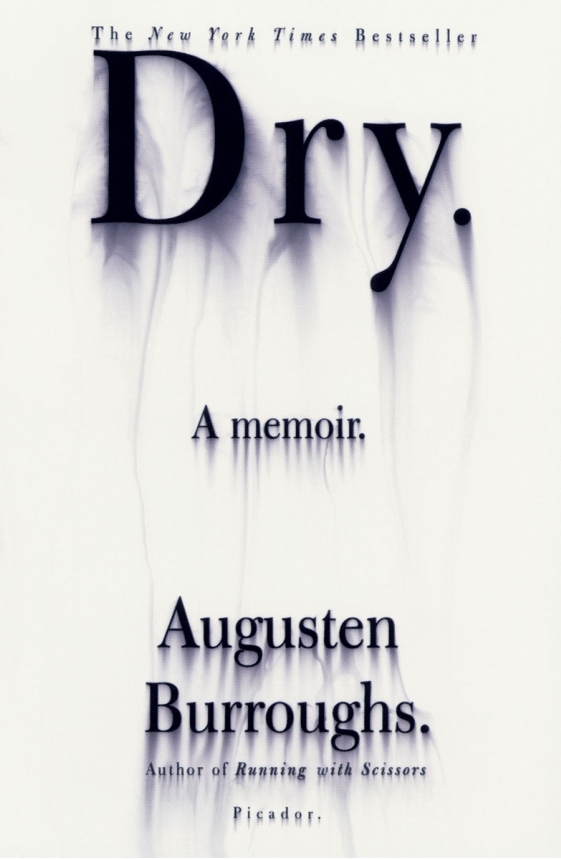
The real meat of the book also relies later on the relationship between Augusten and HIV-positive Pighead. Ironic? Of course.įrom this point, the book becomes even more interesting, as the reader follows Augusten through the temptations of sobriety, handsome crack addicts and British freeloaders who end up becoming, well, friends.

It’s only until the higher powers at work force him into a gay Midwestern rehab center that the author negotiates his way around cultish group therapy and fellow drug addicts, only to end up back in Manhattan refitting his life into a clean apartment and the new beer account he must work on in the office. In true Augusten style, the author is the last guy to admit that he has a drinking problem.

His amusing account is characteristic of many subtle references (the man, after all, is obsessed with popular culture that’s high and low), including his account of rehab being like the movie Groundhog Day: “It’s an endless loop.” It also welcomes glimpses into Augusten’s drinking buddies and what at first seems like harmless fun (like the time he got drunk and sang the theme to The Brady Bunch at karaoke before passing out). And while the book delves less into the ins and outs of cutthroat advertising, it does scoop the personalities therein, ranging from an uptight female creative partner to undermining professional adversary. However, with imagination very much intact (and marketable), the author ends up creating accounts for dozens of well-known brands as he becomes a professional siren who makes no secret of loving the martinis. more than polishing skills that one might assume necessary to hit the big time. Previously, he worked at a steakhouse, and seemed to make a career out of smoking pot and drinking beer in small town U.S.A. This time, the story takes Augusten through hazy years in Manhattan after he scored a $200,000-plus job with an advertising agency against the odds. The narrator has grown up, but hasn’t lost his cynicism, dark humor or fallibility - thank goodness.įans of the first book may be surprised to find out that Burroughs actually wrote Dry first, although it was published second in this ongoing memoir series.

Unlike Running With Scissors, Dry ushers in more real sentiment and less quirks.

The author of best-selling Running With Scissors is back with the next installment of his surreal memoir, only this time the boy who was obsessed with Bewitched is forced into rehab after a love affair with Dewars. To find the good life, you must become yourself.


 0 kommentar(er)
0 kommentar(er)
